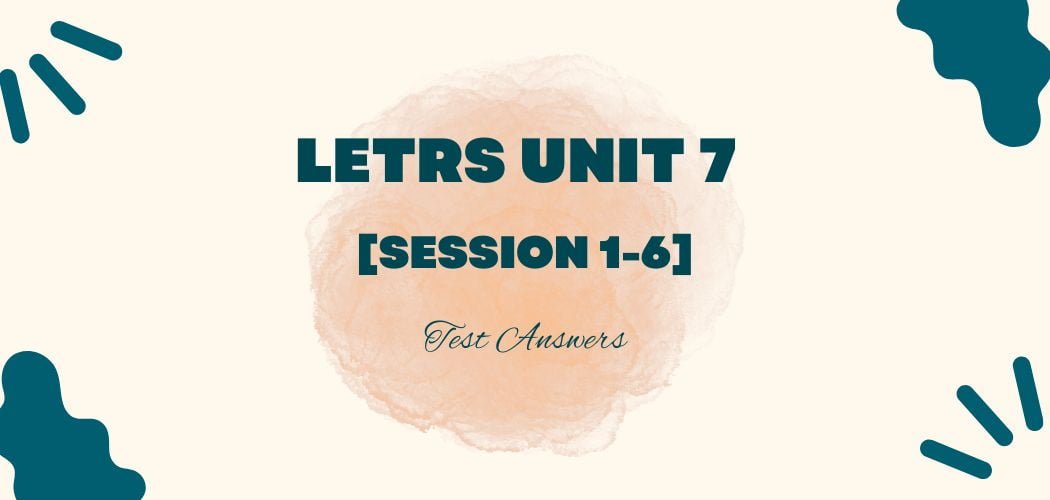If you’re preparing for your Hunter Safety Test, you may be wondering where to find reliable answers to help you pass. In this article, we have compiled all the answers you need to pass this exam. So, let’s get started and explore the answers.
Hunter Safety Tests Answers
Question 1: The primary objective of hunter-education programs is to?
Answer: To produce knowledgeable, responsible, and involved hunters
Question 2: What are the three behaviors of a responsible hunter?
Answer: Obey hunting laws, hunt fairly, practice safety rules, and wait for a clean shot before shooting
Question 3: The 1937 Pittman-Roberston Act was created to do what?
Answer: support hunting projects such as hunter safety education courses, land acquisition, and improve wildlife habitat
Question 4: Treat every firearm as if it were.
Answer: Loaded
Question 5: The muzzle of your gun should always be pointed where.
Answer: Point it in a safe direction
Question 6: When shooting a firearm always be sure of.
Answer: your target and make sure you know what you are shooting at with an adequate backstop
Question 7: When shooting a firearm never.
Answer: Shoot flat or at a hard surface or at water
Question 8: When shooting a firearm you should keep your finger.
Answer: outside of the trigger guard until ready to shoot
Question 9: When shooting a firearm you should always point your gun only at what.
Answer: Pointed at what you intend to shoot
Question 10: When you are not using your firearm
Answer: You should leave it unloaded and the action open
Question 11: Who provides federal aid (money) to state wildlife agencies to pay for hunting projects
Answer: U.S. Fish & Wildlife Service
Question 12: This is not a source of hunter-education funding
Answer: State Highway Department
Question 13: Why do we have hunting laws
Answer: To conserve wildlife for future generations to enjoy
Question 14: Aldo Leopold, the “father of wildlife management” once said ETHICAL BEHAVIOR is
Answer: Doing the right thing when no one else is watching
Question 15: The first thing you do when trying to gain access to private property
Answer: Ask landowners for permission to hunt
Question 16: This is not a reason why hunting laws were created
Answer: To limit profits of sporting goods manufacturers
Question 17: A responsible and ethical hunter would not
Answer: Waste meat and usable parts of the game harvested
Question 18: Responsible hunters
Answer: keep firearms out of sight when not hunting
Question 19: To bring respect to the sport of hunting, the hunter can
Answer: support organizations dedicated to improving habitat and management efforts
Question 20: When loading a muzzleloader, how do you know know how much black powder to put in the muzzle
Answer: By using a calibrated powder measure
Question 21: What are the three types of bow and arrows
Answer: Longbow, Recurve Bow, and Compound Bow
Question 22: The Long Bow is also called the
Answer: Stick Bow
Question 23: Recurve Bow
Answer: Like the Long Bow but the limbs curve more
Question 24: The Compound Bow
Answer: Is the most popular bow and has wheels or cams to make it easier to pull into full draw
Question 25: The plastic vanes or feathers on an arrow are called
Answer: Fletching
Question 26: The end of the arrow that attaches to the string of the bow is called
Answer: Nock
Question 27: The most popular arrow tip used for big game bow hunting is called
Answer: Broadhead
Question 28: The only type of powder that should be used in muzzleloaders is called
Answer: Blackpowder
Question 29: An unsafe practice when using a muzzleloader is
Answer: Loading the gun directly from a horn flask
Question 30: How many charges should you use in a muzzleloader
Answer: One
Question 31: The process of placing the arrow shaft on the bow’s arrow rest and with the thumb and index finger pulling the arrow back until the string snaps into the slot is called
Answer: Nocking
Question 32: A good safety rule to follow when shooting a bow is
Answer: Release the arrow only when the path to the target and beyond is clear
Question 33: Two advantages of hunting from an elevated stand are
Answer: See the game better and not allow your scent to distract the game
Question 34: What is the major disadvantage of hunting from an elevated stand
Answer: Injury from falling
Question 35: A non-climbing stand
Answer: Is in a fixed position on the tree
Question 36: A climbing stand
Answer: Is used to climb a tree with / walk up a tree
Question 37: A ladder stand
Answer: Stand usually 10 to 15 feet off the ground and has a platform to sit or stand on
Question 38: While in a treestand you should use this to get your bag, rifle, bow, or other needed items in the stand with you
Answer: Haul Line
Question 39: You should always wear this while in an elevated tree stand
Answer: TMA Safety Harness
Question 40: Each season before hunting in a tree stand you should
Answer: Inspect the stand for weaknesses, defects, missing parts, or excessive wear
Question 41: If you have a tree stand that was manufactured (made by) by a company that is no longer in business you should
Answer: Destroy the stand
Question 42: The National Bowhunter Education Foundation recommends that you should wear?
Answer: Safety Harness
Question 43: This does not make hunting from a tree stand any safer
Answer: Wearing quiet clothing
Question 44: The most popular way to hunt white-tailed deer with a bow is from
Answer: Elevated Stand
Question 45: According to the study of Vermont and North Carolina, which type of bowhunting accident has the highest potential for fatalities
Answer: Falling from an elevated tree stand



